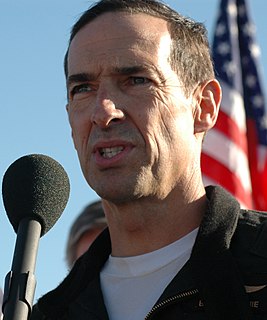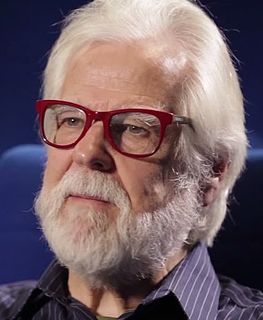A Quote by Camille Paglia
Young people today are flooded with disconnected images but lack a sympathetic instrument to analyze them as well as a historical frame of reference in which to situate them. I am reminded of an unnerving scene in Stanley Kubrick's epic film, 2001: A Space Odyssey, where an astronaut, his air hose cut by the master computer gone amok, spins helplessly off into space.
Related Quotes
As filmmakers, we want the audience to have the most complete experience they can. For example, I interviewed Stanley Kubrick years ago around the time of '2001: A Space Odyssey.' I was going to see the film that night in London, and he insisted I sit in one of four seats in the theater for the best view or not watch the film.
The genius is not in how much Stanley Kubrick does in “2001: A Space Odyssey,'' but in how little. This is the work of an artist so sublimely confident that he doesn't include a single shot simply to keep our attention. He reduces each scene to its essence, and leaves it on screen long enough for us to contemplate it, to inhabit it in our imaginations. Alone among science-fiction movies, “2001'' is not concerned with thrilling us, but with inspiring our awe.
It is amazing that 2001: A Space Odyssey has not aged at all, except for a few minor technical gadgets. The main reason is, of course, the philosophical or spiritual element in this story. We know as little today about the secrets of Creation and evolution as we knew before, and it is not likely that we'll ever know much more. We'll have to be satisfied, as Kubrick was, respectfully admiring the potential for evolution within the mystery of the universe's creation.
The life of an actor is you do a job and it's done, then you get another job, someone tells you about one or you have to find it... it can feel a little bit like that scene in '2001' when HAL detaches the astronaut from the spaceship and he's floating off into space on this terrible trajectory into the abyss. At least, it can feel like that.
It is important to understand, not intellectually but actually in your daily life, how you have built images about your wife, your husband, your neighbor, your child, your country, your leaders, your politicians, your gods-you have nothing but images. The images create the space between you and what you observe and in that space there is conflict, so what we are going to find out now together is whether it is possible to be free of the space we create, not only outside ourselves but in ourselves, the space which divides people in all their relationships.



































